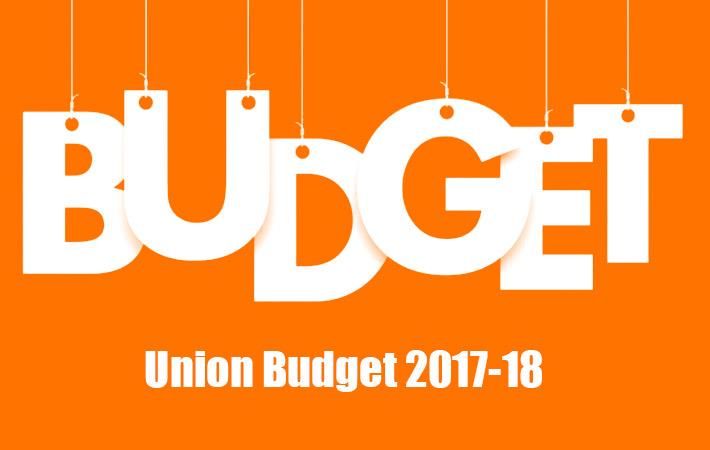Textile sector expects interest reductions from Budget

“Budget should address concerns related to skilled workforce, labour law reforms, attracting investments in the textile sector and providing a future road map for the textiles and clothing industry,” Deepak Chiripal, CEO of Nandan Denim Ltd, told Fibre2Fashion.
“A major challenge for textile industry is that it is highly capital and labour intensive sector and payback period is quite long, which is a big constraint for new investment in the sector. Further, the government has set a target to create another 30 million more jobs in the industry over the next three years, which is possible only if special incentive schemes for new investment in textile sector are announced,” added Chiripal.
He is also of the opinion that the government should consider extending Technology Upgradation Fund Scheme (TUFS) for another five years or so to enable companies to avail maximum benefits.
Export is another sector that needs to be considered. “We want finance minister to introduce measures that can boost our exports as India has the potential to become one of the biggest exporters in the world,” noted Chiripal.
“Insertion of Trans Pacific Partnership (TPP) with US has further increased the challenges for Indian textiles in the long term. There are fairly good chances for protection of select countries for exports to the US. The government should accelerate arrangement with EU market economies to provide concessional imports into these territories to maintain competitiveness of the Indian exports,” said Chiripal.
Woodland wants the government to consider lowering duty and emphasise on curbing inflation in this year’s Union Budget.
“Textile items should be kept under GST with the minimum possible tax slab of 4-5 per cent as it is a key item for the common man. High duty [on raw material] acts as a deterrent and we get bound to import finished products. So, the government must lower the import duty,” Harkirat Singh, MD, Woodland Worldwide told F2F.
“We believe that government would also lay emphasis on curbing inflation as increased inflation affects consumer’s buying power which further affects the retail market. We hope to see supportive policies for the retail sector in this year’s budget,” added Singh.
“A fund should be set up for Technology Up-gradation & Innovation and support may be extended to the companies at lower rate of interest. This will help industry in improving quality of output and become more competitive,” said Chiripal.
“Besides the financial implications, the Budget is expected to come out with a lot of policy and procedural changes for improving ease of doing business,” according to ASSOCHAM. (KD)
Fibre2Fashion News Desk – India
































-Ltd..jpg?tr=w-120,h-60,c-at_max,cm-pad_resize,bg-ffffff)





.jpg?tr=w-120,h-60,c-at_max,cm-pad_resize,bg-ffffff)
.jpg?tr=w-120,h-60,c-at_max,cm-pad_resize,bg-ffffff)






